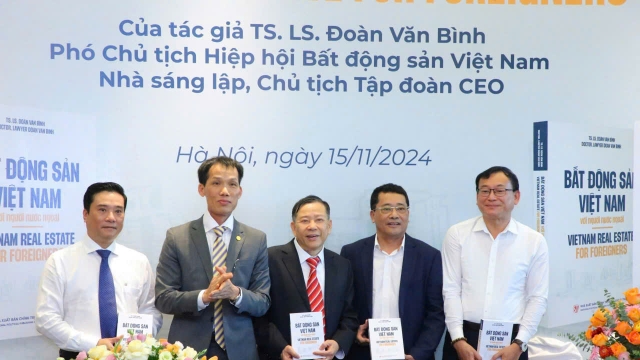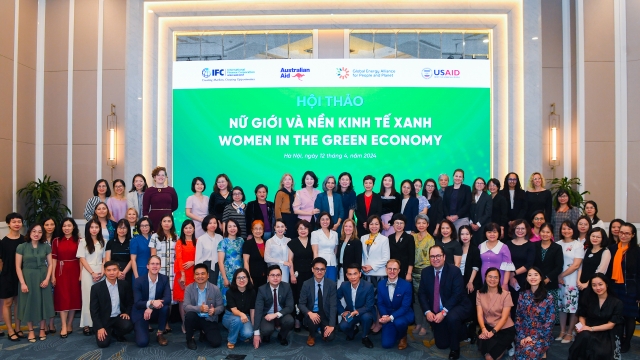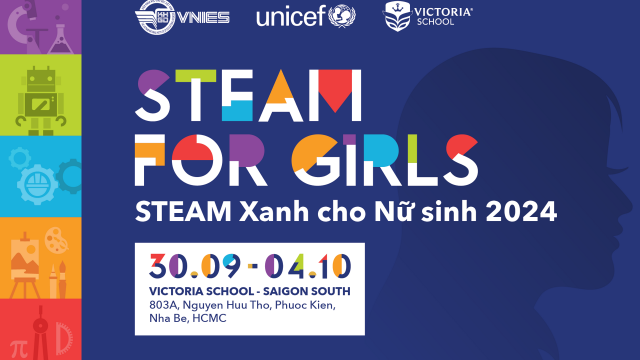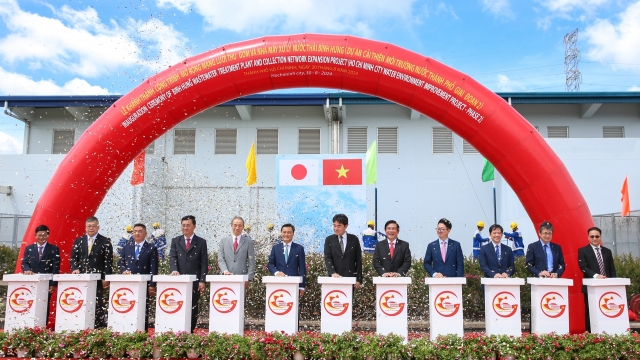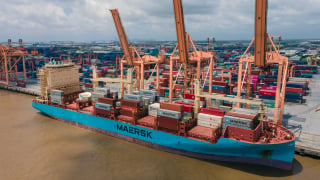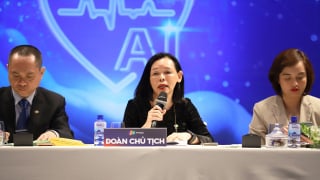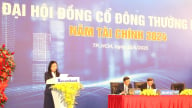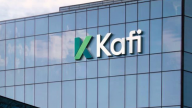Extended producer responsibility (EPR) and carbon credits are market-based environmental protection tools that put financial returns as the engine for sustainable change.
The 2020 Environmental Protection Law, which came into effect on January 1, 2022, introduces the EPR concept which specifies the responsibilities of producers and importers with regard to the recycling and treatment of discarded products and packages.
The regulations will be applicable from 2024, and apply to six sectors, including food and beverage, electrical goods, tires, batteries, lubricants, and electric vehicles.
In details, in the form of recycling of products and packages by producers, the market principle has been thoroughly applied in the performance of the producer responsibility. That means if the producer finds the recycling beneficial, it may apply this method to perform its responsibility.
If the producer finds the recycling unbeneficial, or is unable to recycle products and packages, it may make financial contributions to the Vietnam Environmental Protection Fund as a proof of its fulfillment of the recycling responsibility.
The fund will use such financial contributions to support the collection, transportation, recycling and disposal of products and packages, and cover administrative expenses for performance of the recycling responsibility of producers and importers.
The level of financial contribution depends on the mandatory recycling rate, volume of marketed products and packages, and norms of recycling costs.
The ERP is considered a new approach to seek a financial solution for managing waste and increasing recycling without raising environmental protection taxes and fees. It is also expected to give a push to the circular economy.
The Vietnam’s private enterprises has been taking steps to prepare for the implementation of EPR tools, namely the Vietnam Recycles Program – a free electronic waste take-back and recycling program initiated by electronic manufacturers, or PRO Vietnam – a coalition of leading FDI and Vietnamese companies having high prestige from consumer goods, packaging, retail, and import industries.
Another market mechanism-based tool is carbon trade exchange which is expected to be put into official operation in 2028. Before that, Vietnam plans to set up and pilot the operation of it from 2025.
A carbon credit is a kind of permit that represents one tonne of carbon dioxide removed from the atmosphere. They can be purchased by an individual or, more commonly, a company, to make up for carbon dioxide emissions that come from industrial production, delivery vehicles or travel.
With the EPR tool and carbon credit exchange, there will be a significant amount of capital poured into environmental protection areas, including waste collection, treatment and recycling, or clean energy…
Notably, this capital are raised by businesses and organizations that cause environmental pollution. That means both tools promote environmental protection activities, and limit polluting behaviors without requiring a lot of government’s resources.

















